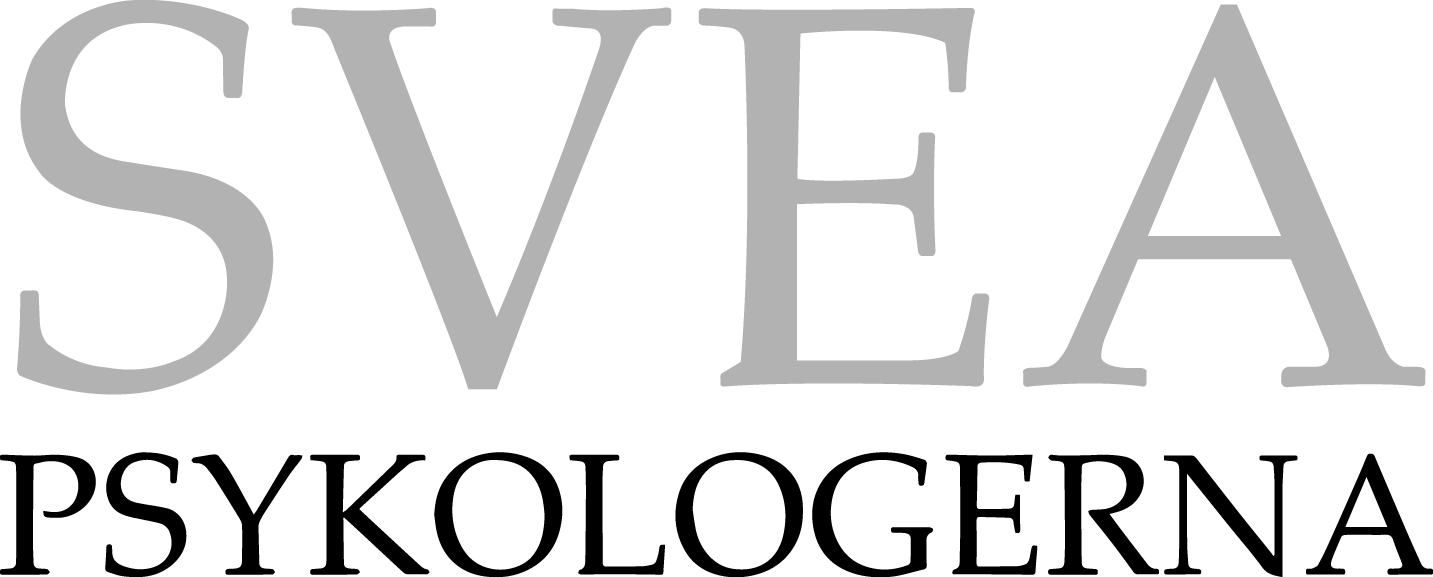Conflicts
What is conflict management?
Conflicts can arise in the workplace, in relationships and so on. It is useful to learn tools for resolving these conflicts. How to communicate without accusing, to avoid the other person going into defense. Conflicts can cause tremendous stress and anxiety. In some cases, they can even lead to depression.
There are communication basics that can be used to manage conflict. Validation has been shown to be effective. It involves taking the time to listen to the other party and confirming that you have understood what the other person has said. For example, you can retell what the other person said, but in different words, to show that you have understood what they meant. Then the other party needs to listen to you. If you make an effort to have a dialog - which means that both want to do their best to take in what the other is saying - it is more likely that the conflict will be resolved in a constructive way. The opposite of dialog is debate - where you go in with the idea of wanting to be right and 'shooting down' the other's arguments. This often leads to frustration and anger on both sides, as it is human nature to want to be validated and listened to. To be able to validate, you may sometimes need to park your reactions, which is not always easy. Especially when the person's thoughts and feelings lead to impulsive behaviors and invalidation, which increases the risk of conflict.
The Sveap psychologists appeared on TV4 - Nyhetsmorgon. "How to avoid unnecessary conflicts on vacation". See the full video clip here: https://www.tv4.se/klipp/va/13777439/sa-undviker-du-onodiga-konflikter-pa-semestern
Another important aspect of having constructive dialogues is the ability to speak from the concept of "I-message", which means sharing your observations, thoughts, feelings, needs and wants in a way that is not accusatory or critical. People generally do not like criticism, as it can lead to feelings of shame and a secondary sense of anger. This feeds the conflict. Practicing I-message speaking in a humble way increases the chances that the other person will want to listen and validate you. Sometimes the relationship can be very infected and the person needs to practice tolerance, forgiveness and acceptance.
In some cases, the conflict is difficult to resolve. Especially if one of the parties does not want to work on validation and I-messages. In many cases, however, it is possible to take steps forward in conflict management. It is best to have the dialogues when no one is in an emotional state. The stressed brain does not see things as nuanced as the calm and harmonious brain, which increases the risk of a magnified conflict. When you are in an emotional state, it is better to take a break and try to postpone the conversation until later, when you have had time to think about what you want to say and how you want to say it.
Expressen interviewed Sveapsykologerna about tips on how to handle criticism better. Read the full article via the link: https://sveapsykologerna.se/blog/2021/8/7/expressen-psykologens-bsta-tips-fr-att-hantera-kritik-bttre

